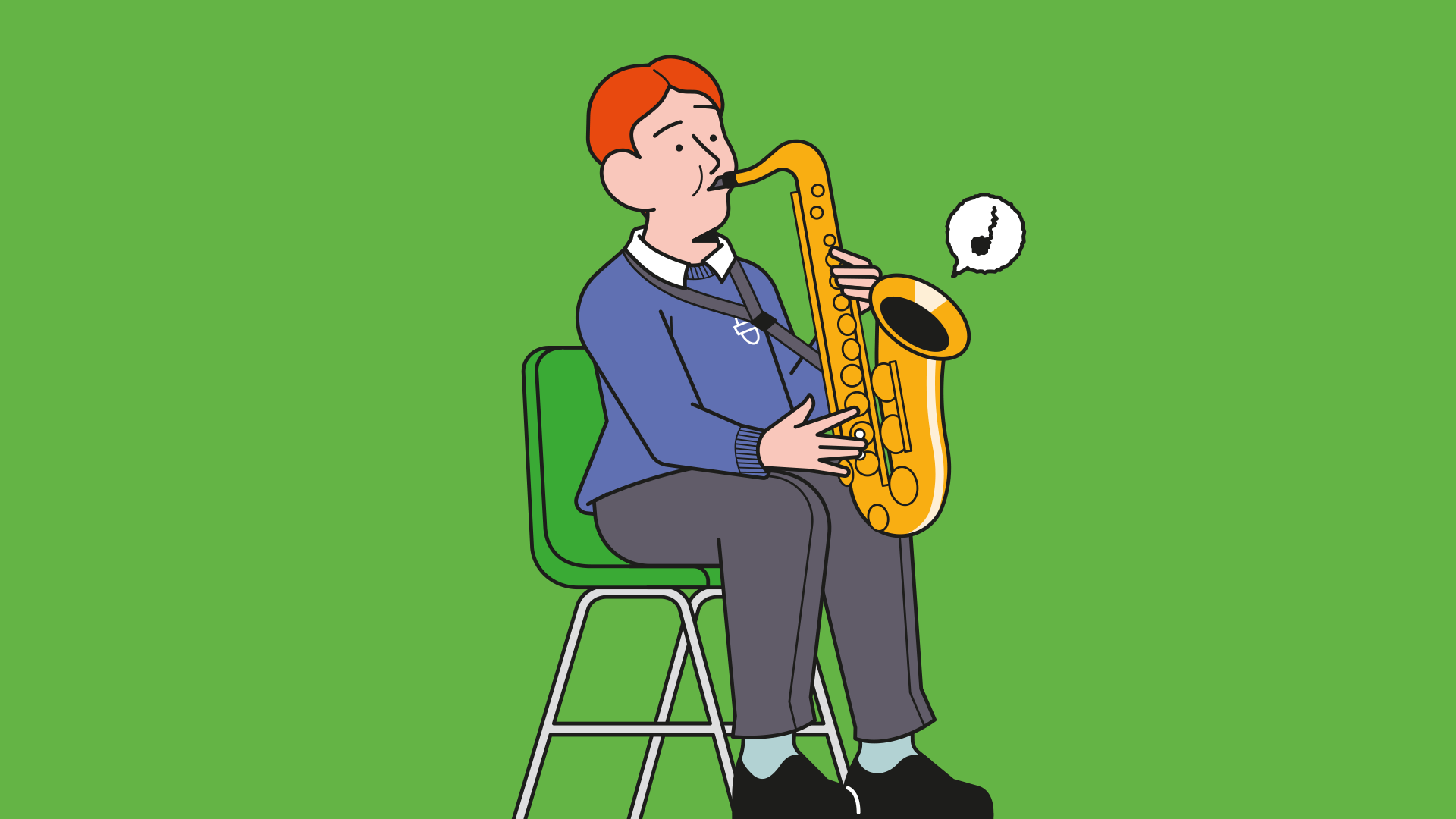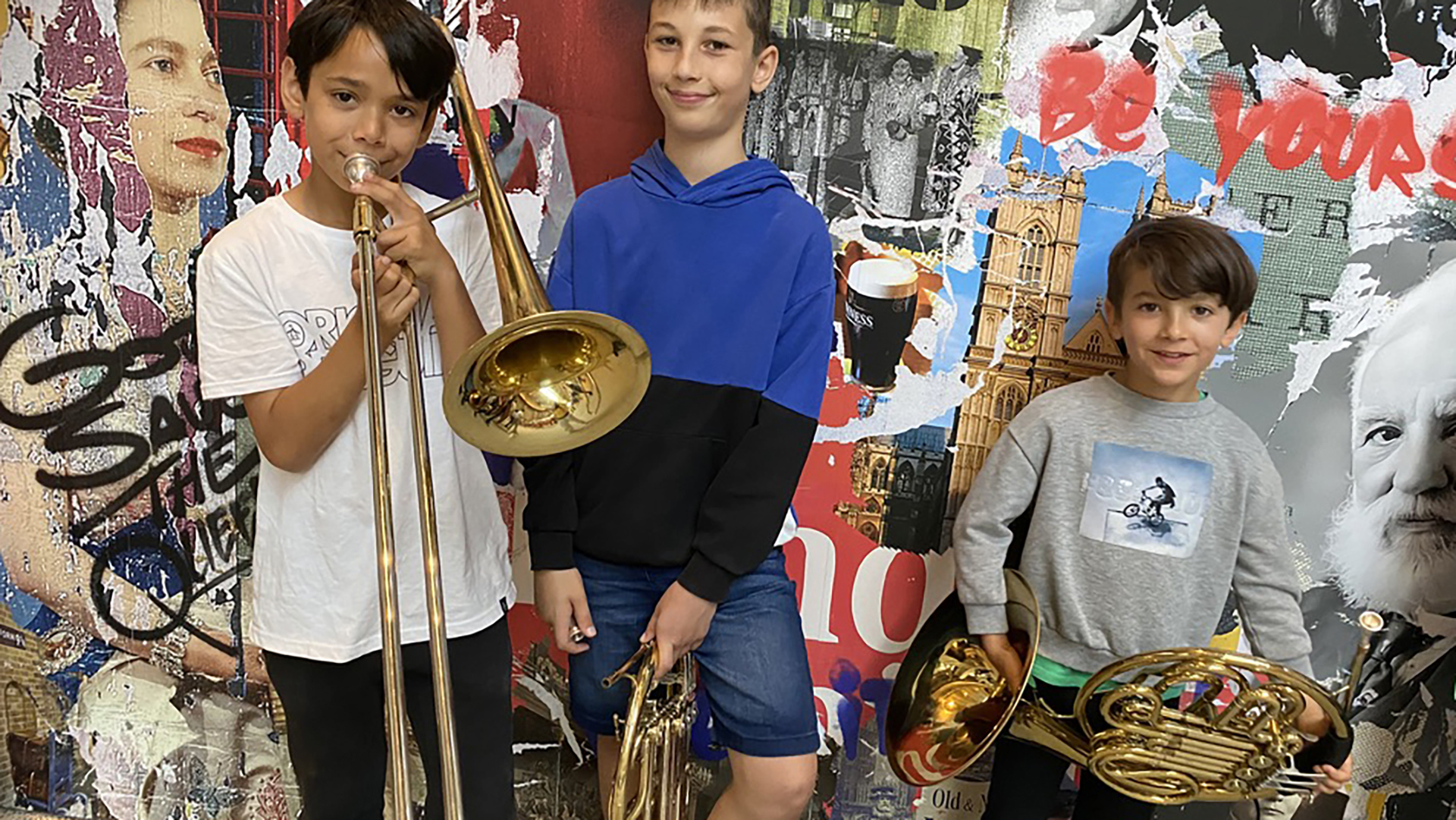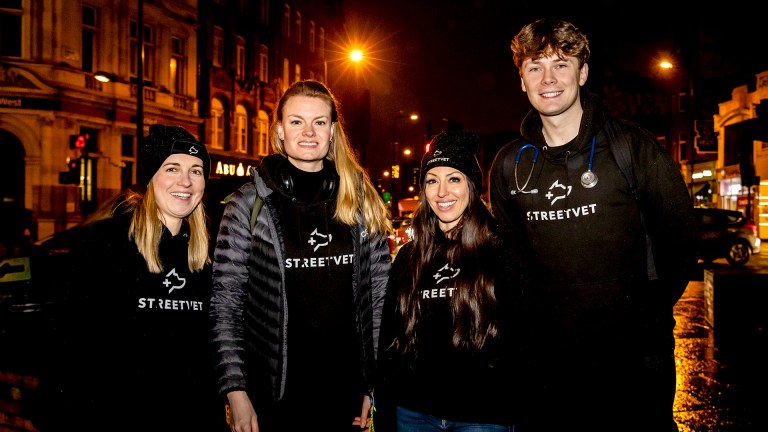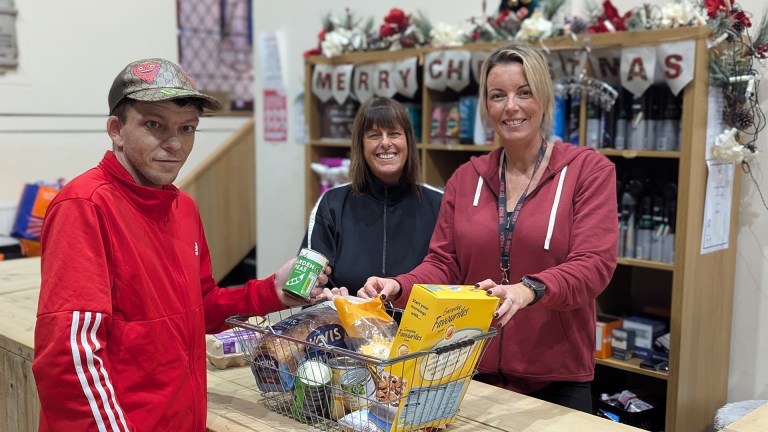A lack of funding for music education in schools means learning an instrument could become a hobby only for the rich. If music lessons are funded only by parents with extra cash, where does that leave working-class kids? And what impact will this have on the musical landscape? A worrying lack of diversity would make popular culture very dull.
A study from Birmingham City University reckoned that A level music could drop completely from the curriculum due to spending cuts, with zero entries for the subject predicted by 2033. In Scotland, proposals by Midlothian Council to cut music spending by 60% created an uproar earlier this year, before a Musicians Union-backed campaign forced them to reconsider.
Research by the Independent Society of Musicians in 2021 found that 61% of respondents’ music department budgets in the UK and Ireland were ‘insufficient’. Many teachers topped up budgets with fundraising concerts or paid for items out their own pockets. The report confirmed a widening gulf between state and independent schools; the mean yearly music budget in local authority schools was £1,865 compared to £2,152 for academies and free schools and £9,917 for independent schools.
Thankfully, several UK organisations are hard at work, ensuring the next generation of musicians and singers will not come exclusively from better-off backgrounds.
Live Music Now Scotland leads free workshops in schools on jazz, pop, traditional and classical music, while Sistema Scotland creates social change in some of Scotland’s most deprived communities through music. Both charities believe that kids with access to fantastic music also benefit from improved mood, increased self-confidence, more happiness and a sense of belonging.
- Why the crisis in music education is a crisis for all
- 100,000 Scottish children are missing out on music lessons because of fees
- Music education: Private schools take initiative in face of government indifference
In South London, World Heart Beat began in an abandoned building after artistic director Sahana Gero noticed a lack of children learning woodwind instruments in Wandsworth. “I founded the charity just after the 2009 financial crash,” she explains. “No one wanted to lend me money. But we grew it from the grassroots. A carpet shop donated carpet, a builder friend helped convert the warehouse into a music academy and we paid a peppercorn rent.” Six months ago World Heart Beat opened a second music academy in Nine Elms, Battersea.










